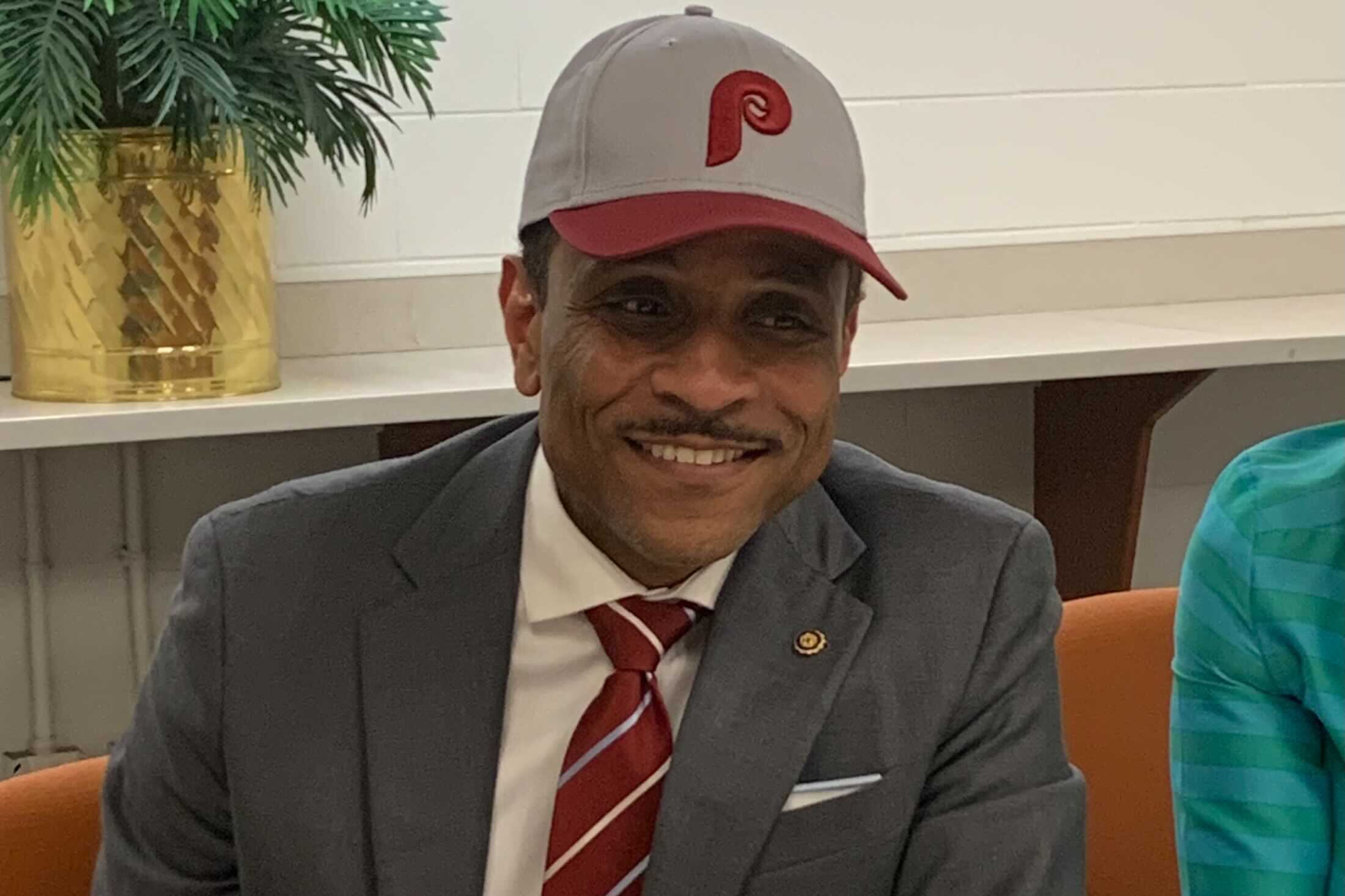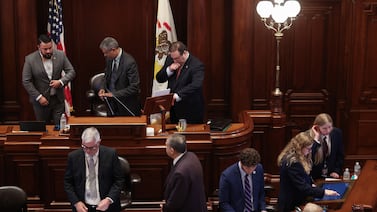Tony Watlington is officially set to begin a five-year term as Philadelphia schools superintendent June 16, when he’ll replace 10-year veteran William Hite.
The Philadelphia Board of Education voted unanimously Thursday to approve the contract for Watlington. A veteran educator, he comes to Philadelphia from the 18,000-student Rowan-Salisbury School District in North Carolina. The board announced Watlington as their pick on April 1.
“I’m excited,” Watlington told the board. “I also want you to know that I’m excited and I’m looking forward to working in partnership with all of you and all of the many fine citizens of Philadelphia from many diverse communities to achieve the board’s goals and guardrails.”
Watlington, who attended the meeting remotely, said he plans to visit “as early as next week” and be in Philadelphia “as often as I can” before his start date.
Lisa Haver, co-founder of the Alliance for Philadelphia Public Schools and the only registered speaker at the meeting, said she hoped Watlington would support “common-sense charter [school] reform.”
“The board has shied away from real charter regulation,” Haver, a retired teacher, told Watlington. “I hope you will not be cowed by the charter lobby as the board has been, and that you will take a stand for stronger neighborhood public schools.”
Watlington will inherit several pressing issues as he prepares to take over one of the nation’s 20 largest school districts in one of the poorest cities in the U.S. His challenges include crumbling buildings, a large population of students from low-income households, and high teacher turnover.
Watlington told parent and student groups in meetings before his appointment that he views “high-quality teachers” as key to improving schools, and said he believes teachers should be paid more. While he admitted he’s not familiar with Philadelphia, he said he grew up as a “free and reduced lunch child” who can relate to the district’s students.
Watlington, the first person in his family to attend college, said his first job in education was as a custodian and bus driver. He also taught history — he described himself as a teacher, not a bureaucrat — and held positions as a curriculum specialist, assistant principal, and principal.
His starting salary will be $340,000 a year, which the district said is roughly the same pay Hite would have received if his contract had been renewed. The new superintendent will begin his job with twice-weekly meetings with Hite and district officials.
The vote caps a process that began last fall, when Hite announced his departure. Watlington was one of three finalists who made their cases to the community in a series of meetings in March. John L. Davis, a Baltimore schools official, and Krish Mohip, who works for the Illinois state school board, were the other two finalists.






